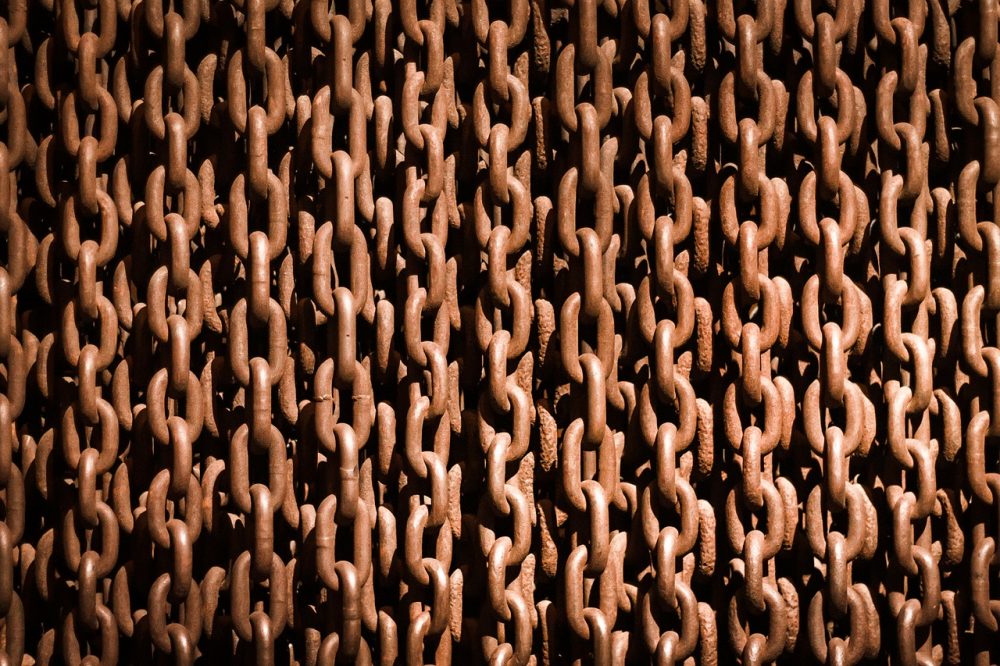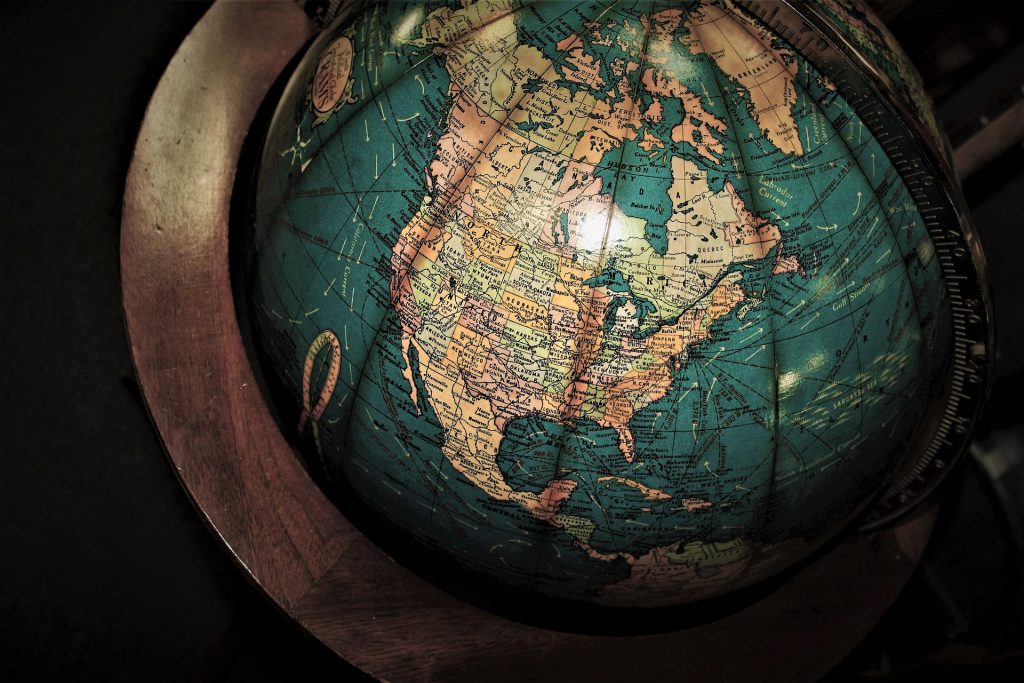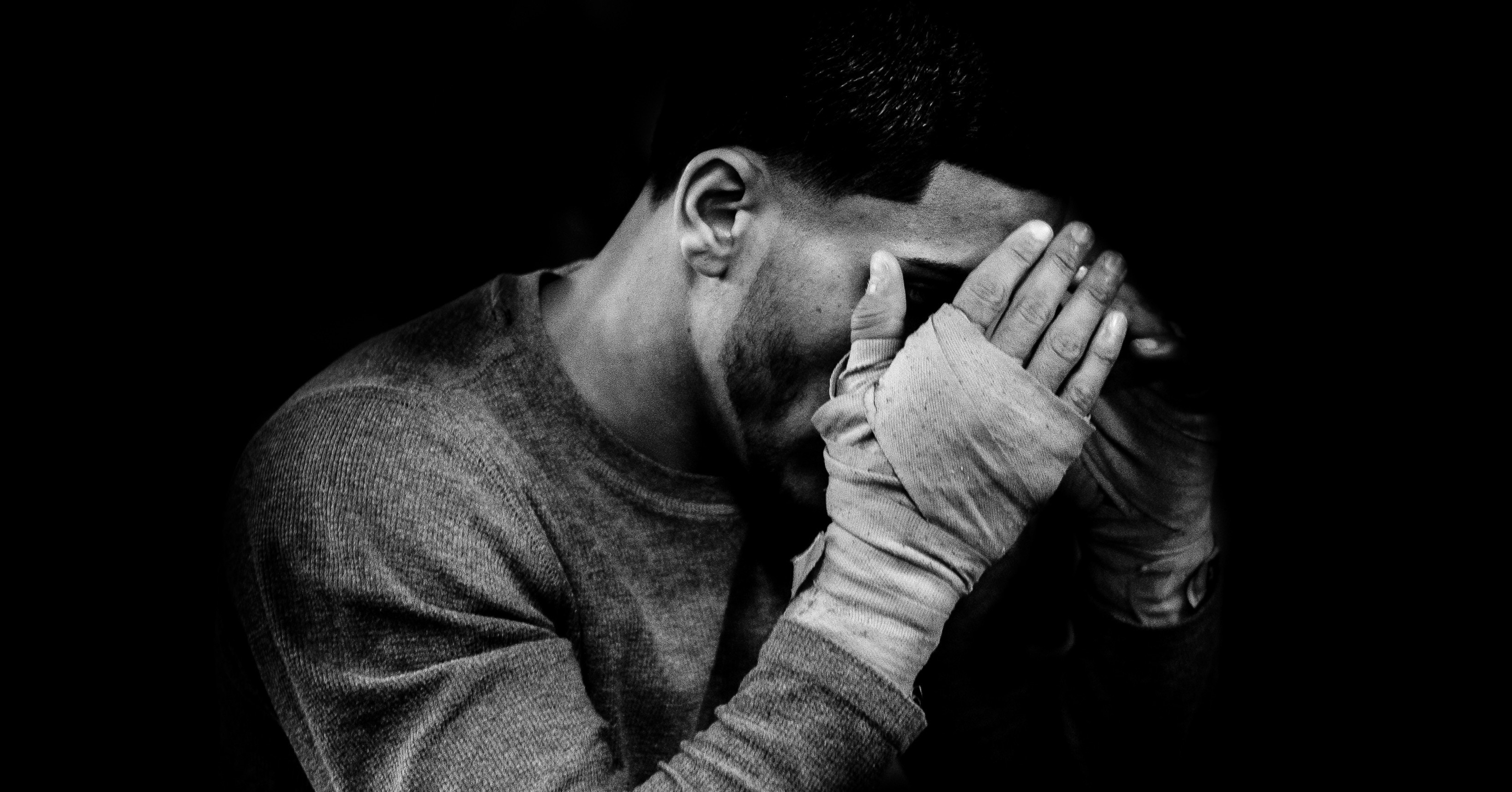It was more than 200 years ago the UK led the way in abolishing transatlantic slave trade. It was just last year Prime Minister Theresa May declared that Britain will lead the way in eradicating modern slavery. So what is the UK doing in the fight against modern slavery?
What is Modern Slavery?
Modern slavery is an umbrella term for the distinct, but related, offences of slavery, forced labour, domestic servitude and human trafficking. It is widespread, with estimates ranging from 21 million to 46 million victims worldwide, and it is happening here in the UK.
The right to be free from slavery is a fundamental human right, enshrined in Article 4 of Human Rights Convention and incorporated into UK law through the Human Rights Act. Modern slavery can also involve multiple violations of other human rights, such as the right to liberty and the right not to be subjected to inhuman treatment.
Methods to Tackle Modern Slavery within the UK
 Image Credit: Christopher Sardegna / Unsplash
Image Credit: Christopher Sardegna / Unsplash
In 2013 a Government report predicted there could be up to 13,000 victims of modern slavery in the UK. The Modern Slavery Act 2015 (MSA) focuses on protecting victims of all forms of modern slavery.
Since it came into force, there have been an increasing number of prosecutions for modern slavery offences, with some offenders being sent to jail. Two recent examples include a Romanian couple who trafficked women and young girls into prostitution in the UK and two brothers who trafficked vulnerable men from Poland to work in a Sports Direct warehouse.
The MSA also extends the National Referral Mechanism (NRM) to cover all victims of modern slavery in England and Wales. The NRM is key to identifying victims of human trafficking and ensuring that they receive appropriate support. In 2016, 3805 potential victims of 108 different nationalities were submitted to the NRM, a 17% increase from 2015.
One of the most common forms of modern slavery is forced labour in economic activities. Therefore, companies are also implicated in the fight against modern slavery. This is recognised in the MSA, under which companies of a certain size have an obligation to publish an annual Slavery and Human Trafficking Statement.
Making Progress?

Image Credit: Holdosi / Pixabay
Karen Bradley (then-Minister for Preventing Abuse, Exploitation and Crime) argued that the increase in the number of referrals indicates that the government’s “efforts are working”. However, others view the statistics as alarming and suggest much more needs to be done. The NRM and the criminal justice system may still only be reaching a small proportion of modern slavery victims. There are also concerns that when victims are identified, they do not receive the ongoing support that they need.
Due to the complexity and invisibility of modern slavery, it is clear a multi-pronged solution is required. There is now increasing pressure on authorities, such as the police, local councils and the UK Border Force, to increase their understanding of modern slavery and effectively identify and support victims.
An International Approach
 As well as working across various organisations in the UK, the Government also takes an international approach to tackling modern slavery. Theresa May, for example, said that the UK “played the leading role in getting the eradication of modern slavery into the Sustainable Development Goals.” This is an example of international influence in action.
As well as working across various organisations in the UK, the Government also takes an international approach to tackling modern slavery. Theresa May, for example, said that the UK “played the leading role in getting the eradication of modern slavery into the Sustainable Development Goals.” This is an example of international influence in action.
Secondly, one aspect of the role of the Independent Anti-Slavery Commissioner (a role created by the MSA and currently filled by Kevin Hyland) is to work “in collaboration with partners in countries of origin to develop effective and targeted prevention projects.” Last year he visited Nigeria and reception points in Italy where trafficking criminal networks are rife and victims are likely to be trafficked into the UK.
ICYMI we spoke to @UKAntiSlavery Kevin Hyland about supporting victims of #ModernSlavery & #HumanTrafficking – https://t.co/IzkGlpn70L pic.twitter.com/YSn8IjjkAj
— NationalCrimeAgency (@NCA_UK) June 23, 2017
Finally the government has set aside £33.5 million of its overseas aid budget to fight modern slavery, focusing on high-risk countries where victims are known to be regularly trafficked into the UK. The government recently announced its first £6 million investment from the fund.
This international approach is vital because modern slavery is a global problem which requires global solutions; not only in that it affects nearly every country in the world but also in that it often involves victims being trafficked from one country to another.
Britain may have led the way in combatting slavery, however, it is still a problem that continues to attack the most fundamental human rights we hold. It’s a complex and ever changing issue, so a multi-faceted approach is vital to stop it at it’s root, and must continue to play its part.
Want to know more about modern slavery and human rights?
- Take a look at the historic Somerset v Stewart case on transatlantic slavery
- Read out explainer on the Modern Slavery Act
- See our infographic on the right to be free from slavery







